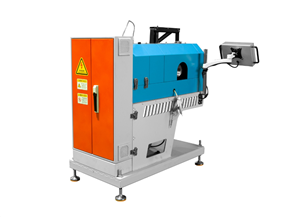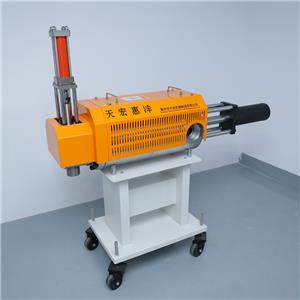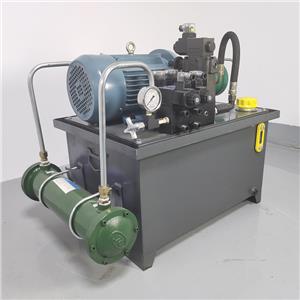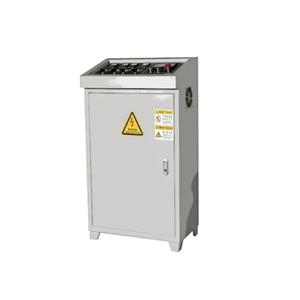New foreign trade regulations are coming in September, your exports may be affected!
Recently, with the changes in the global trade situation, governments are adjusting their foreign trade policies to adapt to the new international economic environment. In September, a series of important new foreign trade regulations were successively issued, involving domestic and foreign policies, import and export policies and tariff policies.
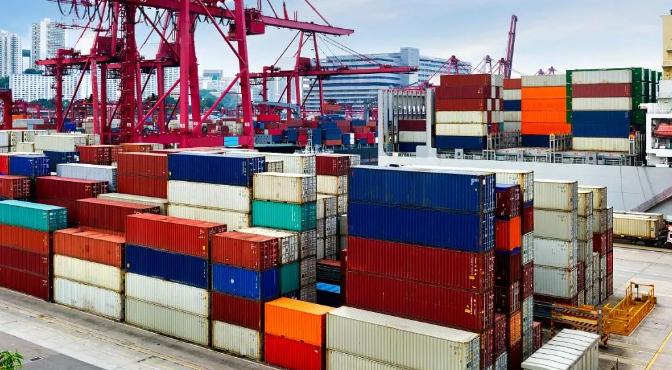
PART.01 New regulations for domestic foreign trade
Ministry of Commerce and three other departments: optimize and adjust drone export control measures, implemented from today onwards.
The Ministry of Commerce, the General Administration of Customs and the Equipment Development Department of the Central Military Commission issued the "Announcement on Optimizing and Adjusting the Export Control Measures of Unmanned Aerial Vehicles", which will be officially implemented from September 1, 2024.
The optimization adjustment includes adjusting the control standards of some important UAV components such as infrared imaging equipment and lasers used for target indication, adding high-precision inertial measurement equipment to the control scope, and canceling the temporary control of specific consumer drones. All unregulated civilian drones are prohibited from being exported for weapons of mass destruction proliferation, terrorist activities, or military purposes.
The General Administration of Customs has issued the "Regulations on the Administration of Certificates of Origin and Visa for Export Goods of the People's Republic of China"
These Measures are formulated in accordance with the Customs Law of the People's Republic of China, the Law of the People's Republic of China on Import and Export Commodity Inspection and its implementing Regulations, the Regulations of the People's Republic of China on the Origin of Import and Export Goods and other relevant laws and administrative regulations in order to standardize the administration of the People's Republic of China's Certificate of Origin for Export Goods (hereinafter referred to as Certificate of Origin). These measures are applicable to the visa administration of non-preferential certificates of origin, GSP certificates of origin and regional preferential certificates of origin, and will be implemented as of September 1, 2024.
General Administration of Customs: Increase the export of Malaysia, Vietnam self-help printing preferential certificate of origin
In order to further optimize the business environment at ports and promote cross-border trade facilitation, the General Administration of Customs has decided to, from September 1, 2024, The Certificate of origin exported to Vietnam under the Regional Comprehensive Economic Partnership Agreement (RCEP) and the Certificate of origin exported to Malaysia and Vietnam under the Framework Agreement on Comprehensive Economic Cooperation between the People's Republic of China and the Association of Southeast Asian Nations will be self-printable certificates.
Other matters shall be implemented in accordance with the General Administration of Customs Announcement No. 77 of 2019 (Announcement on the comprehensive promotion of self-printing of Certificates of Origin).
PART.02 New regulations on foreign trade
The United States will increase the tariff quota of imported solar cells by 1.5 times
US President Joe Biden announced a major decision aimed at accelerating the development of clean energy in the United States: the import of solar cells will be increased by 1.5 times, and the import tariff quota of solar cells will be greatly increased from the existing 5GW to 12.5GW. This decision means that in the coming period of time, more solar cells from around the world will enter the US market, providing strong support for the US photovoltaic industry. It is worth noting that although the tariff quota has been increased, imported solar cells still need to pay a certain tariff, the specific tax rate is 14.25%.
In addition, the Biden administration reversed its previous decision to exclude double-sided components from the safeguard measure and adjusted the safeguard tariff for the fourth year of the safeguard measure from 15% to 18%. This adjustment aims to balance the interests of domestic and foreign photovoltaic enterprises and promote fair competition in the market.
The EU plans to impose tariffs of up to 36 per cent on Chinese electric vehicles
On August 20, local time, the European Commission disclosed to relevant parties the draft decision on the imposition of final countervailing duties on pure electric vehicles imported from China. Compared with the preliminary results announced on July 4, the tax rate has been adjusted slightly:
Byd: 17.0%;
Geely: 19.3%;
Saic Motor: 36.3%;
Other cooperative companies: 21.3%;
All other non-cooperative companies: 36.3%;
Decided to impose a separate tariff rate on Tesla as an exporter to China, currently set at 9%;
The Commission also decided not to impose countervailing duties retroactively.
Thailand plans to further loosen foreign exchange controls
According to the Bangkok Post on August 2, the Bank of Thailand plans to implement measures to loosen foreign exchange controls in the fourth quarter of this year, raising the annual foreign exchange exit limit for residents from $50,000 to $200,000. At the same time, enterprises will relax cross-border financing in Thai baht to facilitate the development of domestic and foreign business.
Russia subsidizes the electric vehicle sector
According to RIA Novosti reported on July 17, the press office of the Russian Ministry of Economic Development said that in the first half of this year, a total of 52,000 electric vehicles were registered in Russia, an increase of 27%. At present, the Russian Ministry of Economic and Development leads the national electric vehicle and hydrogen energy vehicle project, under the framework of the project for the new fast charging station, car purchase preferential loans and leasing subsidies, the participation of 65 regions in Russia.
The Central Bank of Myanmar issued the latest foreign exchange settlement announcement
According to the "Global New Light of Myanmar" reported on August 8, the Central bank of Myanmar issued an announcement on August 7 in accordance with the "Foreign exchange Management Law" provisions, the compulsory settlement ratio of exporters' foreign exchange earnings was lowered from 35% to 25%. This announcement will come into effect on August 8, 2024.
Pakistan China decorative printing paper launched anti-dumping investigation
On August 21, the National Customs Commission of Pakistan issued a notice saying that in response to the application submitted by Pakistani producers on June 24, 2024, an anti-dumping investigation was launched on decorative printing paper with a weight of 60 to 110 grams per square meter and a width of 725 to 1250 mm originating in or imported from China. The dumping investigation period in this case is from July 1, 2023 to June 30, 2024, and the injury investigation period is from July 1, 2021 to June 30, 2024. This case involves products under Pakistan Tax number 4811.9000, which are used to make particle board and laminate for cabinets, doors and furniture. The preliminary ruling is expected to be made within 60 to 180 days from the date of filing.
Sri Lanka implements visa-free policy for 35 countries
According to the Financial Times of Sri Lanka, Sri Lankan President Ranil Wickremesinghe announced that from October 1, citizens of 35 countries will be provided with 30 days of visa-free entry to promote the development of tourism. The decision, which has been approved by the Cabinet, aims to increase the number of tourists and enhance economic vitality.

